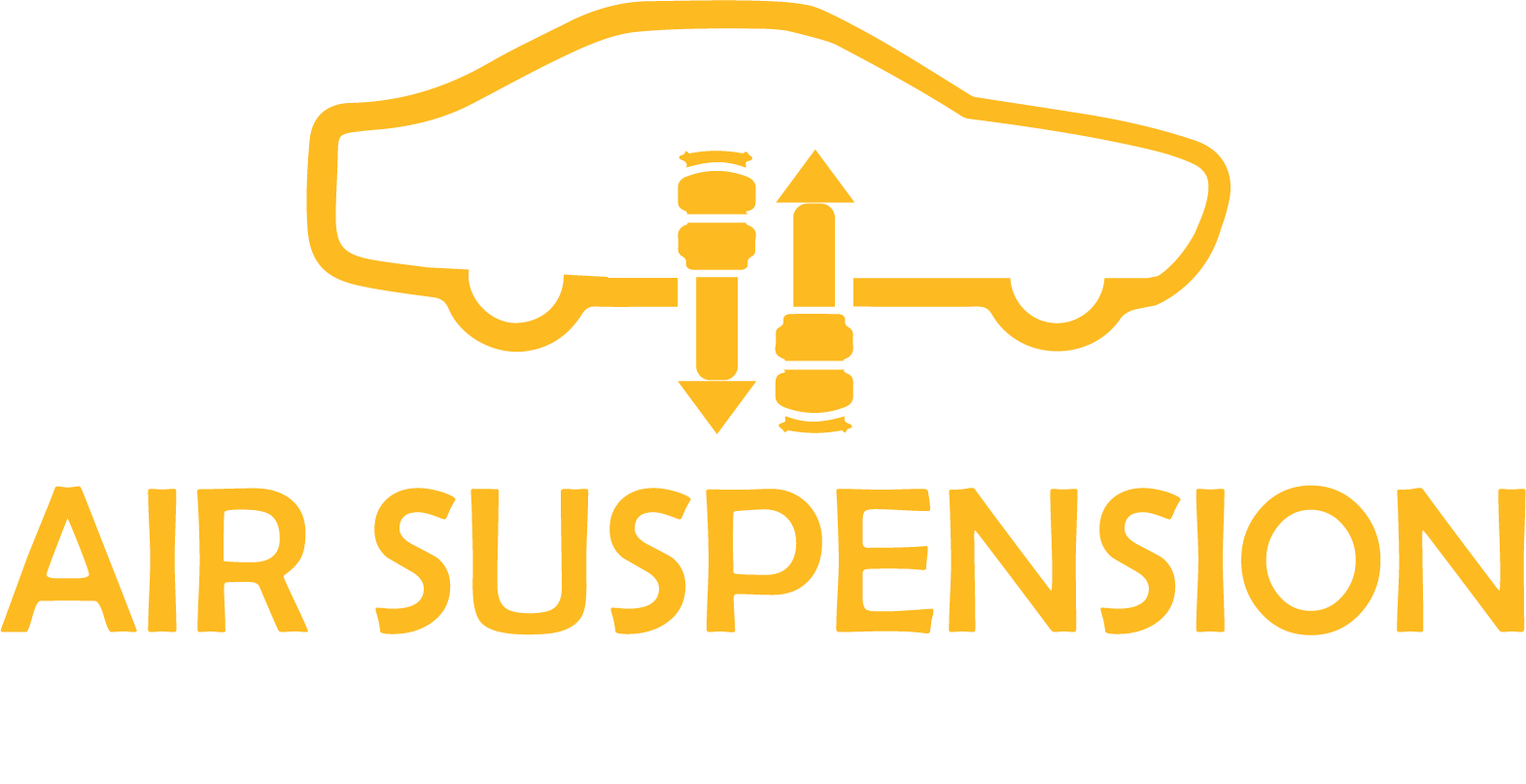Air Suspension Maintenance & Repair (Dubai & UAE)
Preventive Care
Regularly inspect air lines, check for leaks, and keep the system clean of sand or debris.
Monthly is ideal. Most modern systems auto-adjust, but manual kits may require frequent checks.
Rubber air bags dry out, compressors overheat, and seals may crack due to UAE heat.
Avoid direct water spray. Use a soft brush or cloth to remove dust, sand, or buildup.
Yes. Sand intrusion can block valves and strain compressors. Clean the undercarriage after off-road trips.
Usually 4–7 years. Overuse, dusty air intake, or heat can shorten its lifespan.
No. Keep the system inflated to avoid folds or damage in the air bags during extended parking.
Indirectly. Uneven tire pressure can alter vehicle load, triggering level sensors.
Use silicone-based products for rubber seals. Do not apply grease to air bags or compressors.
Yes. RTA inspection or garage service is advised annually for air suspension in the UAE.
Common Issues
This usually indicates a slow leak in the air springs or valve block.
Air escaping from a leaking hose, cracked bag, or damaged valve.
Likely causes: faulty compressor, electrical relay issue, or system leak.
One or more shocks may be worn or the system is under-pressurized.
Yes. Weak battery voltage may prevent compressor from activating or control modules from responding.
Yes. It indicates a leak or faulty pressure sensor. Running non-stop can burn it out.
Yes, if the system has auto-leveling or adaptive ride modes based on speed or load.
It usually means an isolated leak or failure in that specific air spring or solenoid.
Yes. Dust may clog intake filters or contaminate valve blocks. Clean regularly during sandstorm season.
The ECU detects pressure drop, electrical faults, or sensor issues—get a diagnostic scan ASAP.
Repair Solutions
Temporary sealants may help, but full replacement is recommended for reliability and safety.
If one fails due to age, the others may follow soon. Replacing all ensures balance and avoids future downtime.
Yes, with the right kit. Replacing seals and the piston ring can restore function if the motor is healthy.
Jack stands, torque wrench, diagnostic scanner, hose cutters, and leak detection spray are common tools.
Yes. Many garages stock repair kits for common models like Range Rover, Mercedes, BMW, and Jeep.
Use an OBD2 scanner or specific vehicle diagnostic tool. Clearing without repair may cause reoccurrence.
Simple fixes (like hose or sensor replacement) take 1–2 hours. Full air spring or compressor jobs take longer.
Yes. Many owners switch to better aftermarket kits if OEM parts are failing frequently.
Yes short term, but you lose ride comfort and adjustability. It may also affect resale value.
Yes, many do—especially for common models. Booking in advance speeds up turnaround.
UAE Service Tips
Al Quoz and Ras Al Khor are known for auto workshops. Look for shops specializing in luxury brands.
Yes, if you change the height or ride characteristics significantly. Use RTA-approved garages.
Yes. Sharjah auto market has many dealers for OEM and aftermarket suspension parts.
Some mobile technicians offer minor diagnostics and part replacement at your location.
Ask for photos of past work, certifications, and check Google ratings or forums like Dubizzle and UAE Auto Club.
Minor fixes may cost AED 300–800. Full replacements can reach AED 2,000–5,000 depending on the car.
Only if the damage is due to a covered accident. Wear and tear repairs are excluded.
Weekday mornings are less crowded. Avoid evenings and weekends unless pre-booked.
Yes. Reputable garages offer 3–12 months warranty on parts and workmanship.
Some do. Others charge AED 100–200 for full scanning and suspension analysis—ask in advance.



